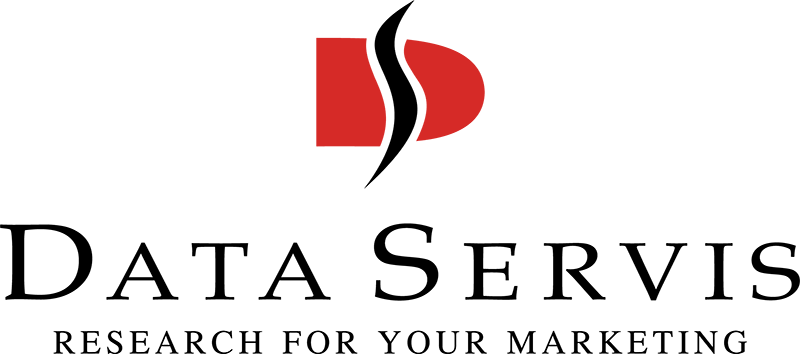Can research be done fairly when we are all a little biased?
For me, objectivity is the goal and self-reflection is the tool.
Even a researcher is only human
When we collect and interpret data, we are expected to be impartial. We want to believe that the research is “pure”. But the truth is more complicated – each of us has our own experiences, opinions, attitudes. And these are not erased the moment we put on our research hat.
Especially in qualitative methods – for example, in-depth interviews – our personal attunement, empathy or even assumptions influence how we ask questions and what we hear in the answers. In quantitative outputs, our expectations can be reflected in what we consider important – and what “just” fits in the table.
We all have prejudices. The difference is in what we do with them
It is unpleasant to realize our own bias. I admit – I too once thought that “young people simply don’t read the press” and went into research with this inner conviction. The results surprised me: there were many young readers, they just read different content and in different ways. It resonated with me. Not that I was wrong – I was just looking through a narrow lens.
This is where self-reflection comes in. Ask yourself: “Why does this answer surprise me?”, “Why don’t I want to believe it?”, “What in me tells me this is ‘weird’?”
Fair research is not flawlessness. It is honest intention
We cannot be flawlessly objective. But we can be consciously honest. Know our limits. Ask questions in pairs. Consult interpretation with colleagues. And most importantly – be willing to say: “I may have seen something here that wasn’t there.”
Fair research is not about not influencing anything. It is about admitting it to ourselves – and doing our best to correct it. And that, I think, is more than the illusion of “purity”.
Bias is not a sin. It is a sin not to be aware of it. Fair research begins within us.

